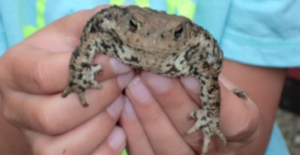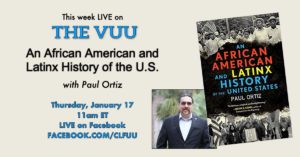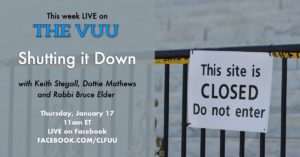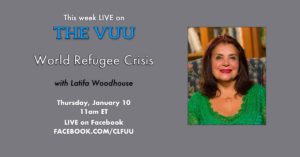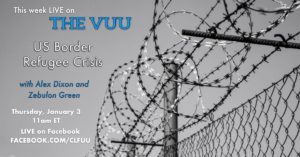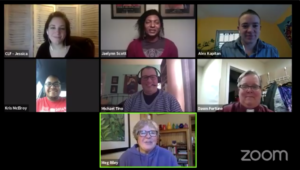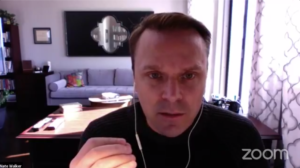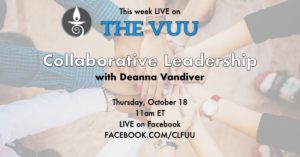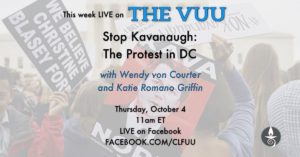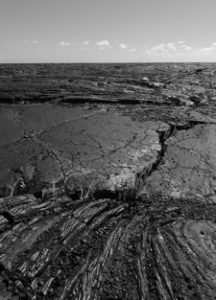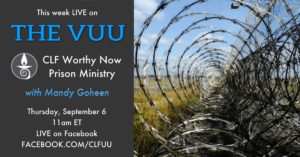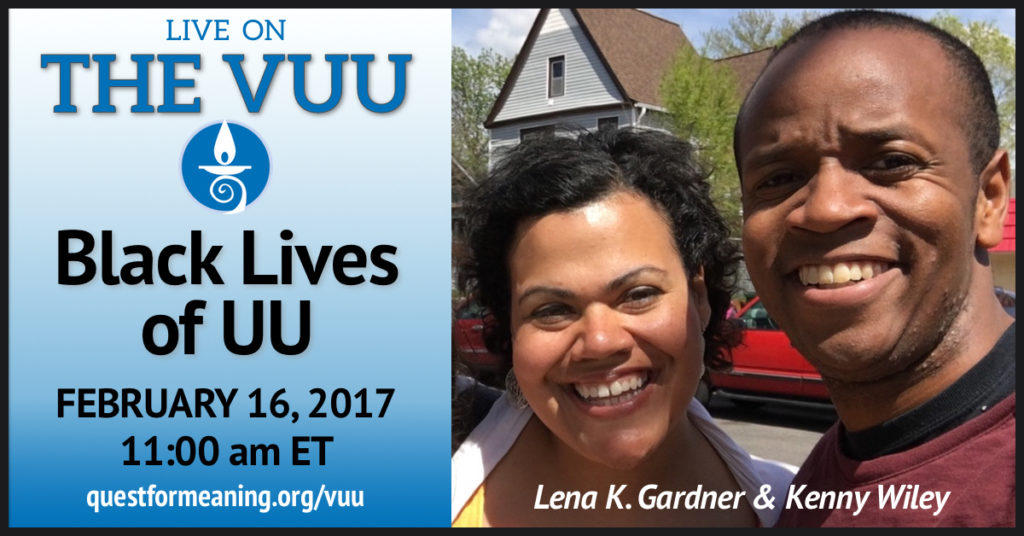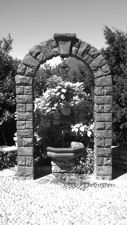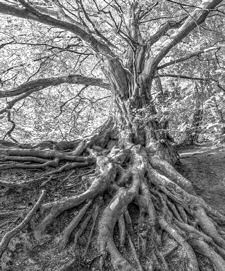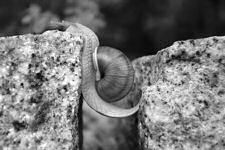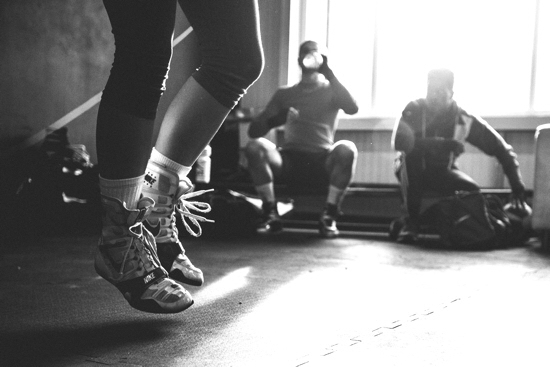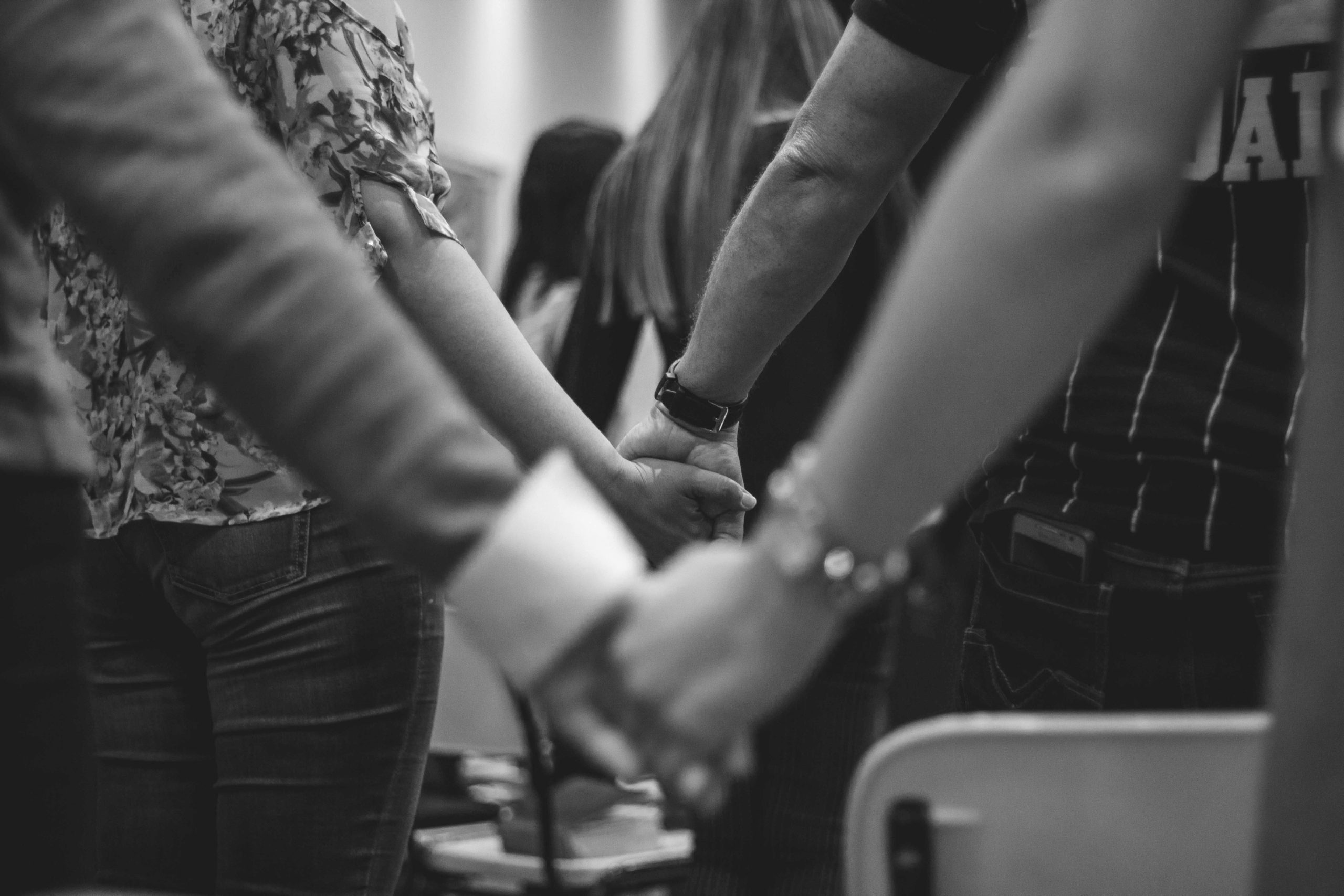 Martin Luther King, Jr.’s last speech is now called “The Mountaintop Speech.” In it he seems to predict his own death:
Martin Luther King, Jr.’s last speech is now called “The Mountaintop Speech.” In it he seems to predict his own death:
Well, I don’t know what will happen now. We’ve got some difficult days ahead. But it really doesn’t matter with me now, because I’ve been to the mountaintop. And I don’t mind. Like anybody, I would like to live a long life; longevity has its place. But I’m not concerned about that now. I just want to do God’s will.
And He’s allowed me to go up to the mountain. And I’ve looked over. And I’ve seen the Promised Land. I may not get there with you. But I want you to know tonight, that we, as a people, will get to the Promised Land. So I’m happy, tonight. I’m not worried about anything. I’m not fearing any man. Mine eyes have seen the glory of the coming of the Lord.
Dr. King was murdered the next day.
“I may not get there with you. But …we, as a people, will get to the Promised Land.” He knew he wouldn’t get there with us. We are still not there. I won’t get there either; the arc of the moral universe is long. With this knowledge, I am here to lay myself down as one more stepping stone on the road to the Promised Land.
We are all stepping stones. We don’t just stand on the shoulders of giants. Giants aren’t very common, after all. What is much more common are the people whose names and faces and lives most of us will never know. We know they existed, because we exist, but that’s it. What Tim Rice writes in the musical Aida is true, at least for most Black people: “The past is now another land, far beyond my reach / Invaded by insidious foreign bodies, foreign speech.”
I see slave women in photos, and it is painful for me because one of those women could be my kin. The woman with a nursing baby and toddler bears more than a passing resemblance to my own mother. She could be my great-great-great grandmother and I would never know it. She’s a photo on the internet. No name, no date, no place. According to history, she is no body.
Most Black women are No Body to history. They were just hands and feet and breasts and wombs. Their hands tilled the soil, planted and harvested crops, kneaded dough and made good food they weren’t allowed to eat, sewed clothing they weren’t allowed to wear. Their cracked and tired feet walked for miles in all kinds of weather to work as maids and nurses and laundresses. Their breasts fed white babies as theirs went hungry. Their milk wasn’t their own. Their breasts weren’t their own. Their wombs were not their own. The bodies of slave women were for the master’s pleasure and the master’s financial gain.
Many Black people walk around as visual reminders of the hundreds of years of bodily violations our women endured. My grandmother and my great-grandmother are both light-skinned. My grandmother’s natural pre-white hair color is red; a light-skinned, red-headed Black girl whose family migrated out of Kentucky—an “Upper South” border slave state that did not secede from the Union during the Civil War. Kentucky remained officially neutral with a population that was 25% enslaved Blacks. We know why my family looks the way it does.
Delores Williams, womanist theologian, says that for Black women our biblical heroine is Hagar. She is our ancestor. Hagar was the Black Egyptian slave of Abraham and Sarah. When Sarah could not conceive—the greatest shame a woman could endure in the ancient Near East—she “gave” her “servant” to Abraham to have a child with. You might be thinking, Wait, how did this fix the problem of her not being able to conceive? Well, by law Sarah owned every part of Hagar. The child that Abraham then fathered (Ishmael) was legally Sarah’s child. And not in a property way, as it was in the American south, but rather her child, as in her son.
Hagar was a forced surrogate. It was common practice in those days. When Sarah eventually had her own child, Isaac, she told Abraham to leave Hagar and Ishmael, who was legally her son, in the desert. Abraham, knowing this meant certain death for them both in the harsh desert, did as she asked, even though he loved Ishmael.
In the desert, Hagar walked away from Ishmael because she could not stand to see her own child die of thirst or hunger. God heard Hagar’s cries and felt her pain. God knew what Abraham and Sarah did was wrong. God provided them with water and told Hagar that they would survive. God gave her a way out of no way.
Hagar was disenfranchised, powerless, used and abused, living in a foreign land. She was disposable and subject to the whims of her oppressors. Hagar was also resilient, strong, brave, and audacious. She lived and survived to give her child a chance. Ishmael is the biblical ancestor of the Muslim people.
Now, this is a complicated, difficult to understand story. Back when Hagar was pregnant she ran away from Sarah’s mistreatment into the desert. An angel of God appeared to her and told her to go back and submit to Sarah’s rule. An angel of God told her to go back into captivity. Horrible, right? Was God supporting slavery? No. What God did was to make sure Hagar and her baby both survived.
To a slave woman, to Black women, the point here is clear. Freedom is not always attainable. Often times it’s something we fight for with hope that those who come after will get to see it. It’s always a goal, but you must survive first. For yourself, and for your children. God gives Hagar the strength to endure. He toughens her up for the long hard road ahead.
As Alice Walker puts it: “And so our mothers and grandmothers have, more often than not anonymously, handed on the creative spark, the seed of the flower they themselves never hoped to see—or like a sealed letter they could not plainly read.”
In the book Slave Religion: The “Invisible Institution” in the Antebellum South, Albert J. Raboteau notes the failure of the white slave system to make Blacks docile by stripping us of our culture. “In the New World, slave control was based on the eradication of all forms of African culture because of their power to unify the slaves and thus enable them to resist or rebel. Nevertheless, African beliefs and customs persisted and were transmitted by slaves to their descendants.” One of the easiest ways to link African past and American present was religion.
The slaves brought over were from different villages and areas of their continent. They spoke different languages and had different customs, but most worshiped nature and the indigenous gods of Africa. That was a shared language. The way they worshipped was common to them and that was beyond language. For example, drumming—a staple of African worship—was incorporated into Christianity. Drumming, singing, and dancing were used to spread coded messages to slaves and keep alive the memory of who they were and where they came from. These elements can still be seen in African American culture and religion today.
Christianity colonized Black lives. Now, I could walk away from it all—Jesus, the Bible, the Christian community, God. But I don’t want to, and I think there is courage in the determination not to walk away. In Genesis, Jacob literally wrestled with God all night in the desert. At daybreak God asked Jacob to let him go. But Jacob replied, “I will not let you go unless you bless me.”
The man asked him, “What is your name?”
“Jacob,” he answered.
Then the man said, “Your name will no longer be Jacob, but Israel, because you have struggled with God and with humans and have overcome.”
Jacob wrestled with his faith and did not come out unscathed. He limped away with a broken hip. Still, he walked away triumphant. Faith is hard. Belief is a struggle. Religion both hurts and heals. We are all here as stepping stones for one another as we move from past to future.
Black people and Black women especially have been martyred over and over. Some, like Dr. King, are given sainthood, but most are forgotten. We must remember them. Just as we remember our present day martyrs—the Rekia Boyds, Trayvon Martins, and Sandra Blands. #SayHerName. #BlackLivesMatter. We will make it to the Promised Land one day.
All the people we have lost—but who will make it, too, because we carry them with us—got us here with their determination, strength, and hope. Black women taught us, and continue to teach us, how to survive and how to thrive. #BlackGirlMagic is real. Go live your life in such a way that it honors theirs. Do what they could not do. Be who they could not be. Fight the battles they did not win.
The life blood of the ancestors who came before us runs through our veins. Our bodies come from their bodies. We live because they lived.
Attached media: https://web.archive.org/web/20211109042002/https://www.questformeaning.org/podcasts/18_11/01.mp3


